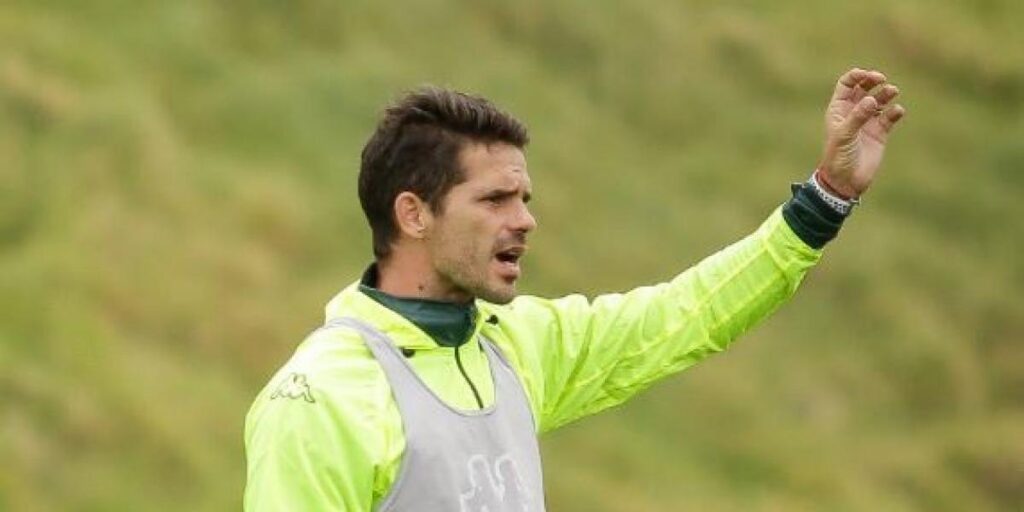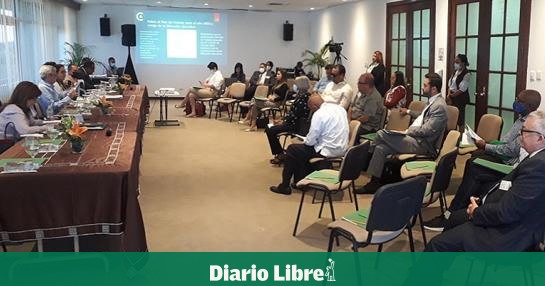According to Daniel Goleman, a world-renowned psychologist, Managers are hired for their intelligence and experience and fired for their lack of emotional intelligence. This contributes, among other things, to a good communication, where empathy plays a central role. In this article, I present a typical work situation to illustrate how a manager with a lack of emotional intelligence can rely on an executive coaching process to become a better leader.
The situation
Francisco has just finished a meeting with Cristina, one of his collaborators. Ramiro, the new human resources deputy manager, is also present, since the manager had another commitment.
The meeting was to inform Cristina that the incorporation of the auxiliary she had requested had been approved. Francisco was happy, because it had been difficult to get Marcos, the new general manager, to agree.
Cristina hadn’t helped; she had become angry and unhappy when she had been asked to justify in detail what tasks the person would have to perform. She had even questioned the latest addition to the company: a personal assistant for Marcos himself, a position that did not exist until now. Marcos had approved admission on the condition that Francisco make Cristina see how wrong her actions were.
The protagonists
Cristina has been working for the company since 2010 and is very valuable to the organization for her high efficiency, professional skills and joy. She is a faithful representative of the organizational culture and successfully handles informal channels. She is known as “the model employee” because she has never missed a day of work in her twelve-year career.
Cristina was one of the people who had supported Francisco the most when he joined the company as a technical engineer six years ago. She had helped him get internal support for an MBA and she had been happy when he got promoted. They had built a relationship based on mutual trust and appreciation, even though their personalities were very different. Francisco is rational, serious and detailed. He finds it hard to express his feelings. Cristina is intuitive, cheerful and messy. Sometimes too emotional.
Outcome
Francisco thought that the issue was lauded, but Cristina’s attitude as the days went by made him doubt it. She barely speaks to him and, when she does, she is nothing like the cheerful woman she knows. “What could have happened?”, He asks himself confused, “I should be happy with the assistant’s approval!”. Francisco reviews the conversation in his head. Nothing alarming. Although it had been strange for Cristina to speak so little and get so emotional, tears came to her eyes… but she is a crybaby. Women’s issues.
Days go by and the situation does not improve. It is not the first time that Francisco has had an incident with someone on the team, but the frenzy of daily work buries them. However, this time Cristina does not allow it. She has become a stranger. Until one morning the Human Resources manager calls Francisco to her intern: “Cristina has just sent an email requesting leave for an indefinite period of time, without pay. The model employee! What’s going on? We can’t do without her right now!”
Francisco is very surprised. He doesn’t know how to react. How is it possible that Cristina asks for that behind her back? If he needs an assistant because she can’t cope! He calls Cristina to her desk and rudely asks for an explanation. The answer leaves him stunned:
“It is the first time in twelve years that I ask for something… the least I expect is a little trust. If I ask for it, it’s because I really need it. And that ‘careo’ with Marcos! I told you I didn’t think it was a good idea for me to have the meeting with him. But you never listen!
I screwed up. He shouldn’t have made the assistant’s comment about him, but it was to illustrate the point: how do you argue that you can’t create new positions, if that position didn’t exist before? I don’t understand why they ask me if they don’t want to hear the answer.
But the worst was your meeting of feedback. Surreal. That you made me feel like I’m a problem for the company, me! You challenged me as if I were a child. You didn’t even look me in the eye when you spoke. ‘We’re going to give you what you asked for, but…’, I would have preferred you to say no in order to avoid the bitter pill. And with that boy ahead, that he hardly knows me. I died of shame and I couldn’t hide it, I cried like a fool. Even more rage! I thought you appreciated me, you thought I was important to the company, but you put me in my place with a slap.”
executive coaching
Francisco, who is a competent professional with academic training and experience, decided to start an individual process of executive coaching because he became aware that he needs to improve communication with his team members. During the sessions, with the help of the coach, he identified what new habits he should incorporate so that situations like the one he experienced with Cristina do not happen again.
He learned to get to know himself better, to put himself in the other’s shoes and broaden his perspective. He understood the difference between listening and actively listening. That it is not only important what is said, but how it is said. Francisco developed an action plan that he promised to follow with the encouragement and demand of his coach, who will accompany him throughout the process.
Francisco was lucky that Cristina was honest with him. Many times that does not happen and the manager is not aware of the impact that certain attitudes have on others. He wonders why his team acts so irrationally and forgets that people do not resign from a company but from their direct boss. Communication, conflict management, delegation and interpersonal relationships at work are recurring themes in executive coaching, which, once they are worked on, take the manager from being a good leader to becoming an exceptional one.


















